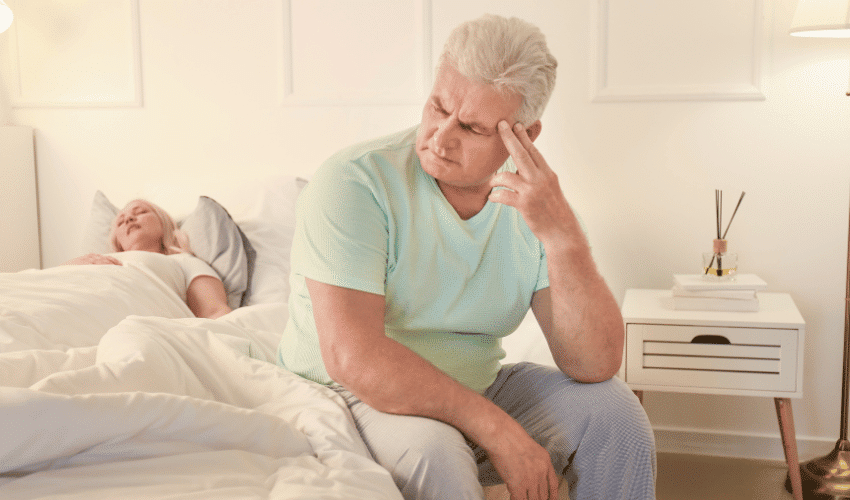Symptom 9. Dysautonomia: Sleep Disturbances

Sleep disturbances are a common issue for individuals with dysautonomia, as the autonomic nervous system plays a role in regulating sleep-wake cycles. People with dysautonomia may experience difficulties falling asleep, staying asleep, or achieving restorative sleep. This lack of quality sleep can exacerbate other dysautonomia symptoms, such as fatigue, cognitive dysfunction, and mood disturbances.
Addressing sleep disturbances in dysautonomia often involves implementing good sleep hygiene practices, as well as addressing any underlying factors that may be contributing to sleep issues. Establishing a consistent sleep schedule, creating a sleep-conducive environment, and avoiding stimulating activities before bedtime can help improve sleep quality.
In addition to improving sleep hygiene, it may be necessary to address specific sleep disorders, such as sleep apnea or restless legs syndrome, which can be common in people with dysautonomia. Treatment for these sleep disorders may include the use of continuous positive airway pressure (CPAP) devices for sleep apnea or medications to manage restless legs syndrome.
In some cases, medications like melatonin or prescription sleep aids may be recommended to help improve sleep quality. However, these should be used with caution and under the guidance of a healthcare professional, as they may have potential side effects and interactions with other medications. (9)